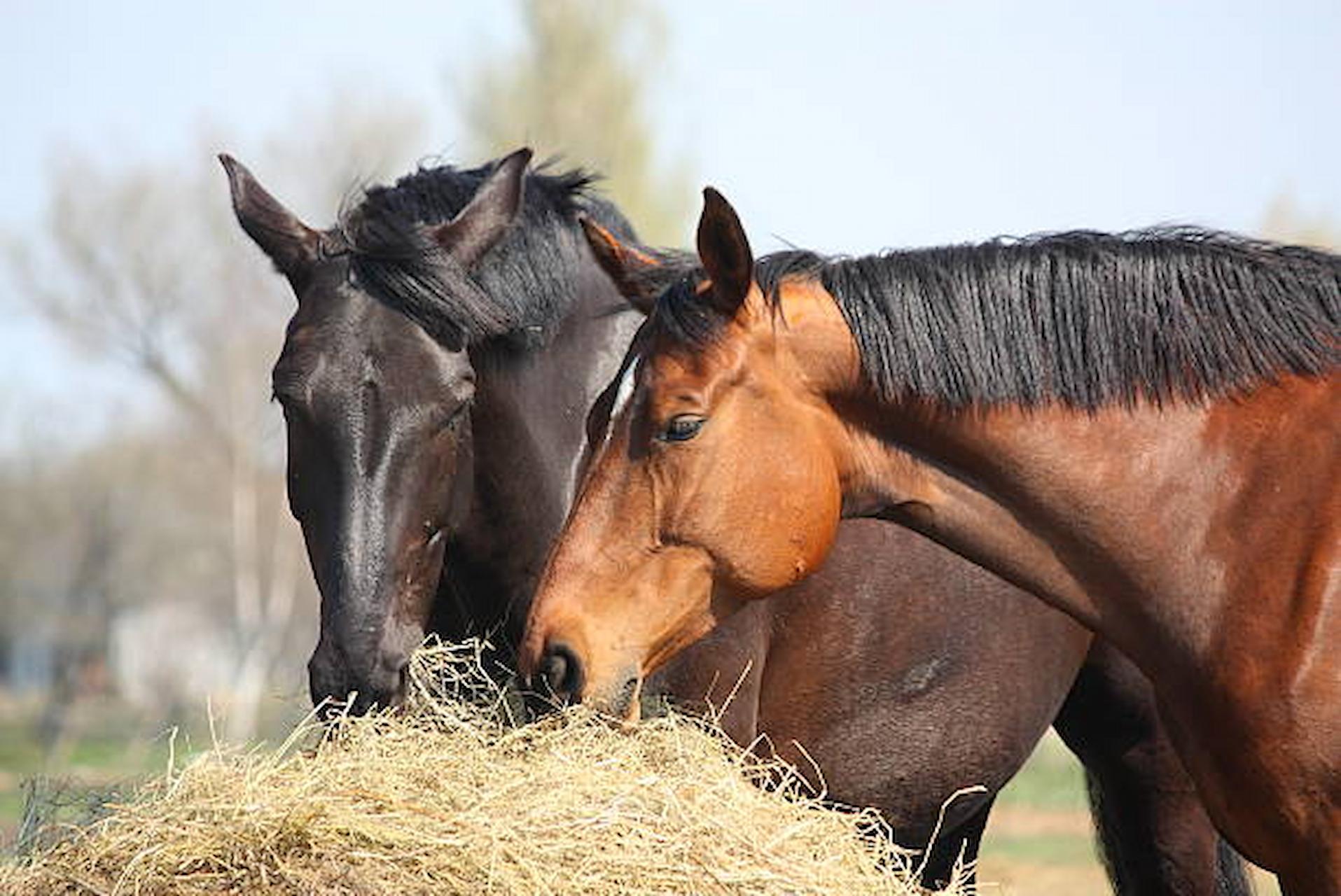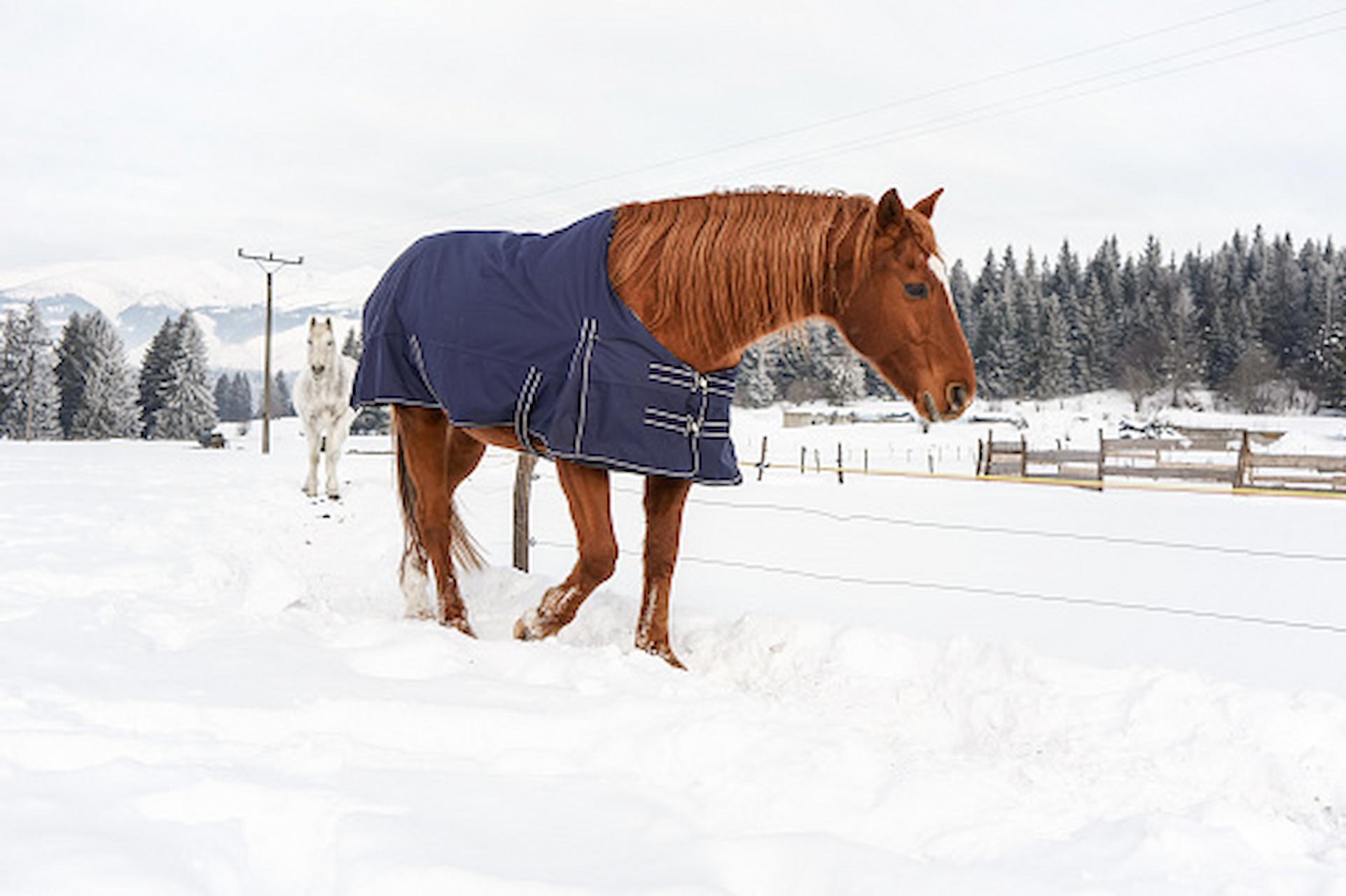The cell lining the horse’s gut form tight junctions that stop the contents of the gut leaking out and causing problems elsewhere. The gut needs to be permeable to nutrients whilst acting as a barrier to harmful substances and organisms such as bacteria. If the gut cells, also known as colonocytes, become inflamed or unhealthy, the tight junctions start to fail and the gut becomes more permeable. Leaky gut is the term used to describe this phenomenon and it can result in a very unhealthy and unhappy horse. One of the contributing factors to leaky gut syndrome is a poor diet. Using the wrong types of horse feeds can result in a more acidic gut that results in inflammation. There are measures you can take to correct this such as using horse feeds that are low in starch and high in fibre.
How can leaky gut affect behaviour?
Sometimes bad behaviour in a horse can point to physical discomfort or pain, other times it might be because of anxiety around a situation, caused by the memory of a previous bad experience. When all physical causes are ruled out, looking a little deeper into the horse’s body is advantageous as issues in the digestive system can be the cause of behavioural issues.
The digestive function can have a significant effect on how a horse behaves and performs. The gut does not just operate as a stand-alone component, it relates to a range of other systems within your horse’s body. As Leaky Gut progresses, the communication between the different components of this system becomes disrupted and the connection between the rest of the system is thrown off track. Hormones can be altered, such as dopamine and serotonin, which directly affects your horse’s brain. If your horse seems a little ‘off’, has a sudden change in personality or is not acting like their normal selves, a leaky gut could be the culprit.
Is it more prevalent in performance horses?
One of the major triggers when it comes to leaky gut is stress. The rigorous training regimes and travel to shows or competitions results in stress and often a change of diet which can both contribute , to leaky gut.High fibre horse feed should still form the basis of the diet even for performance horses to promote gut health and to try and avoid leaky gut syndrome.
Symptoms to look out for
Having a bond with your horse means that you’ll know if something isn’t quite right with them. If they’re acting out of the ordinary and you can see any other physical issues, something internal may well be the answer. There are some symptoms that you can look out for that might direct you to suspect your horse is suffering from Leaky Gut, they can range from:
- Mood swings – acting differently to normal, seeming agitated and off
- Fatigue – not wanting to take part in their regular exercise regime
- Irritable bowel or bowel-related infections
The use of digestive aid supplements can be beneficial for horses that are suffering from Leaky Gut to replace any good bacteria that have been lost. Ensuring that your horse is staying hydrated is imperative, as well as making appropriate and measured changes to their diet gradually so the microbial population in the gut has time to adjust to the change.







